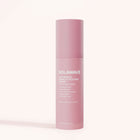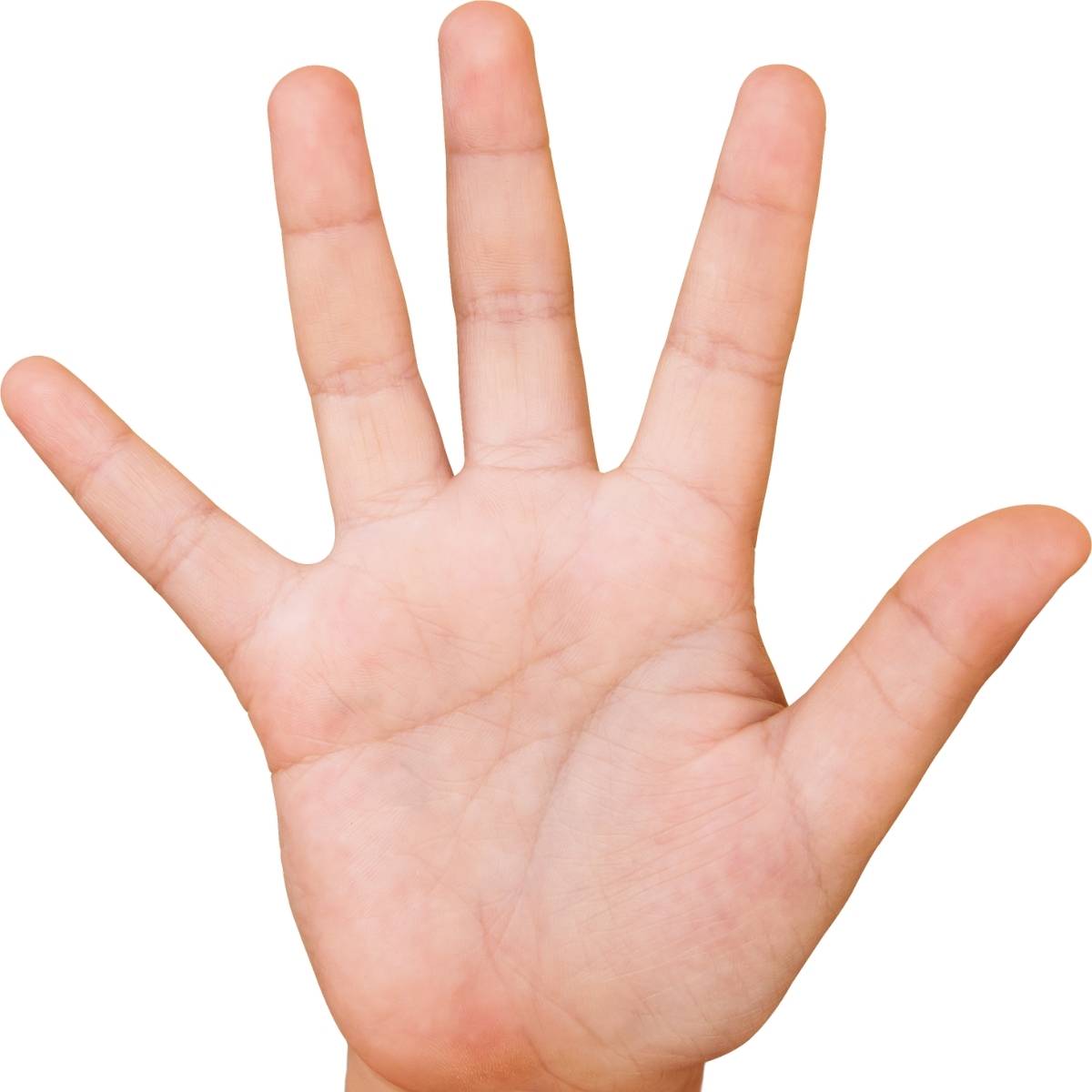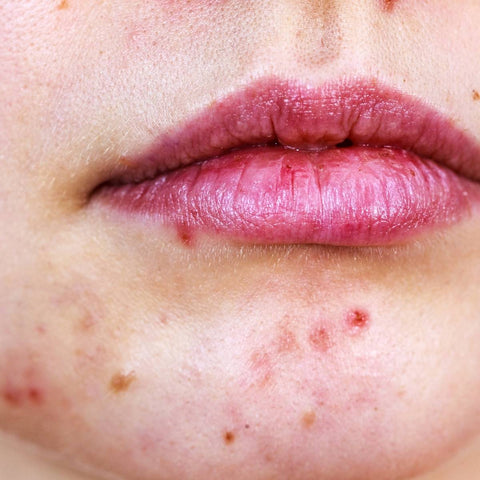Acne is a skin condition that affects millions of people all over the world. It can cause a great deal of embarrassment and can have a negative impact on self-esteem.
This condition can be caused by a number of different things, such as hormones, certain medications and even diet.
If you are one of the many people who suffer from acne, it is important to understand what causes this condition and how to treat it.
In this blog post, we will discuss 5 things that you need to know about it. We will provide information on its causes, symptoms and treatment options.
Acne Is Commonly Caused By Hormonal Imbalance
Acne is caused by a number of different things, but the most common cause is hormonal imbalance. When your hormones are out of balance, it can trigger an increase in oil production.
This excess oil can clog your pores and trap bacteria. The resulting inflammation can lead to the formation of pimples, whiteheads and blackheads.
It is most common during puberty, when hormone levels are fluctuating. However, it can also affect adults. Women are particularly susceptible to hormonal acne during pregnancy, menopause and other times when their hormone levels are changing.
Additionally, some birth control pills and other medications can also cause hormonal changes that lead to acne.
If you think your acne may be caused by a hormonal imbalance, it is important to talk to your doctor. They can prescribe medication to help regulate your hormones and clear up your skin.
Certain Medications Can Cause Acne
Certain medications can cause or worsen acne. These include steroids, testosterone, certain anticonvulsants and lithium.
Medications can cause it by increasing oil production or by causing inflammation.
You may be able to switch to a different medication that does not cause acne. Alternatively, your doctor may be able to prescribe a medication to help control your acne.
When taking these medications, it is important to follow the directions carefully and talk to your doctor if you experience any side effects, including acne.
However, there are several medications that can help treat it. These include retinoids, antibiotics and birth control pills.
Doctors may be able to prescribe a different medication if you are experiencing side effects from your current medication.
Diet Can Play a Role in Acne
Diet can also be a factor in acne. Foods that are high in sugar and refined carbohydrates can cause spikes in blood sugar.
These spikes can trigger inflammation and lead to the formation of pimples.
In addition to that, dairy products and foods that are high in saturated fat can also cause acne.
This can lead to an increase in oil production and inflammation. Foods that are high in saturated and trans fats can also clog pores and trigger breakouts.
You might also want to talk to a registered dietitian. They can help you identify foods that may be triggering your acne and create a plan to avoid them.
To help prevent it, it is important to eat a healthy diet that is low in sugar, refined carbs and saturated fat.
Acne Can Be Aggravated By Certain Foods
There is no scientific evidence to support the claim that certain foods can cause acne. However, some people find that their acne improves when they avoid dairy products and foods that are high in sugar or carbohydrates.
It can also be aggravated by stress. When you are stressed, your body produces cortisol. This hormone can increase oil production and inflammation.
If you think that your acne may be aggravated by stress, it is important to find ways to relax and reduce your stress levels. This can include exercise, yoga or meditation.
It is important to talk to a dermatologist. They can help you identify any potential triggers and create an acne treatment plan that is right for you.
It Can Be Treated
Acne can be treated with a number of different medications. These include retinoids, antibiotics and birth control pills.
There are also a lot of
skincare products that can help treat it. Some of these are cleansers, toners,
serums and spot treatments.
You might also want to talk to your doctor about laser treatment or
light therapy. These treatments can help reduce inflammation and clear up your skin.
Your doctor can help you choose the right treatment for your acne based on its severity and your individual needs.
In severe cases, isotretinoin may be prescribed. This medication can have serious side effects, so it is important to discuss the risks and benefits with your doctor before starting treatment.
It can be a frustrating and embarrassing condition. However, it is important to remember that you are not alone. Millions of people all over the world suffer from it.
With proper treatment, it is possible to clear up your skin and get your confidence back.
Acne is not just a problem for teenagers. In fact, adult acne is becoming more and more common. There are a number of different treatments available for it, but it is important to consult with a dermatologist to find the best course of treatment for you.
It is a common skin condition that can be caused by a number of different factors. However, it is important to remember that it can be treated. If you are struggling with it, it is important to talk to your doctor. They can help you find the right treatment for your skin.





